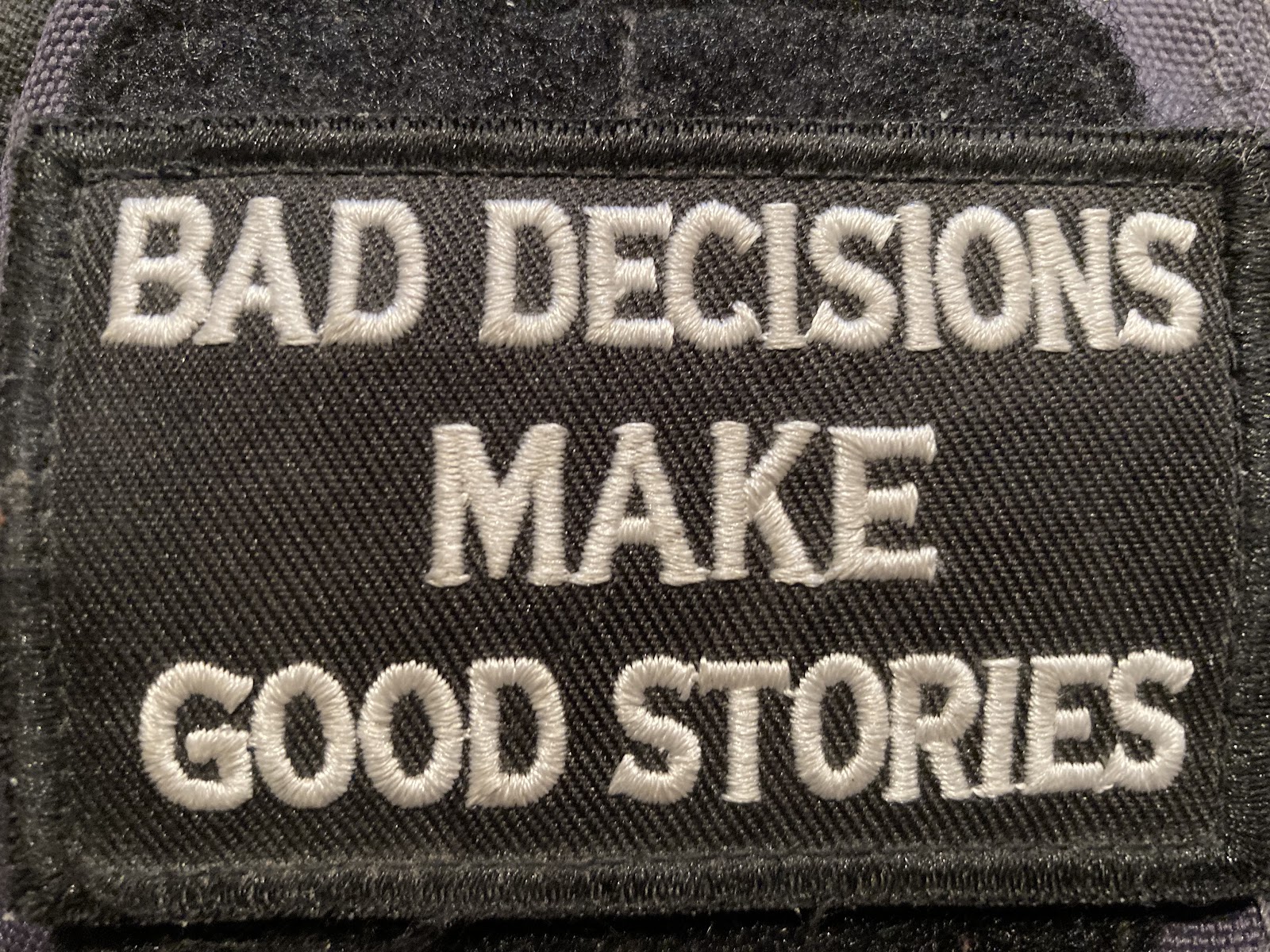Catherine Dilts
Waiting passively for “the muse” to whisper in your ear is
like sitting in a dark room waiting for someone to turn on the lights. There’s
a point at which you need to stand up, walk across the room, and flip on the
light switch.
There are periods when writing fiction can feel like slogging through a murky bog. Other times, the ideas rush like a clear mountain stream drawn downhill by gravity. There’s an undeniable ebb and flow to creativity.
What happens when a writer has gone days, weeks, or months
without a visit from their muse?
Creativity can’t be forced, you might say. To which I counter: people do all kinds of things to trick their brains into being in the right state to perform various tasks. I recall finding my younger daughter sitting in her room with a text book and a candle. She explained that she was training herself to be focused to study whenever that scented candle was burning.
Ah, a physical cue. Like brewing coffee in the morning as
you get ready for work. The smell of the coffee, even more than the caffeine, is
a signal for your brain to switch gears.
Routines and triggers can cause you to anticipate an
activity, but can they make you feel creative? Yes. I believe you can trick
your muse into showing up, just as you can steer your brain, if you consistently use the same
techniques.
All of the techniques. Because your brain is a crafty
creature, and dull routine can sap creativity. So change things up.
Routine: Yes, I just said dull routine can sap
creativity. But a routine is essential for convincing your brain that
it’s that time of day. Time to write! Use scent, sound, and scenery cues. Like
my daughter’s scented candle, smell is a powerful trigger. Some authors need
the sounds of a coffee shop, while others need noise-cancelling headsets, or
certain types of music. While writing an as-yet unpublished novel, I played
late sixties to early seventies music constantly, to set my mind in the time
period.
Confidence: Believe in yourself, your message, and your
skillset. There’s no greater drag on creativity than self-doubt. If you falter,
“fake it ‘til you make it.”
Keep going: When you think you’re stuck, or become bored
with a project, push just a little bit longer. You might make it past that
speed bump and get rolling again.
Step away: The polar opposite of the above advice? Not
exactly. The step away technique doesn’t simply mean quit writing. Work on a
different story, writing-related social media, promotion, or research.
Touch grass: the youngsters use this phrase to mean “step
away from your electronics.” Get off social media, peel your face off your
computer/TV/phone screen, and go outdoors. Sunshine and fresh air have
wonderful healing properties. Get grounded in nature. Or focus on a different
type of creativity. Crocheting, painting, tying flies, or cooking, like making
a batch of my annual gingerbread dinosaur cookies shown in the photo above.
Lately, I’ve been experiencing an upswing in creativity and
energy. I know this feeling isn’t permanent. There will be times when my desire
to hammer away on my keyboard flags. This time of year, there’s no grass to
touch. But if I hit a slump, maybe I can touch snow to jumpstart my creativity.

















